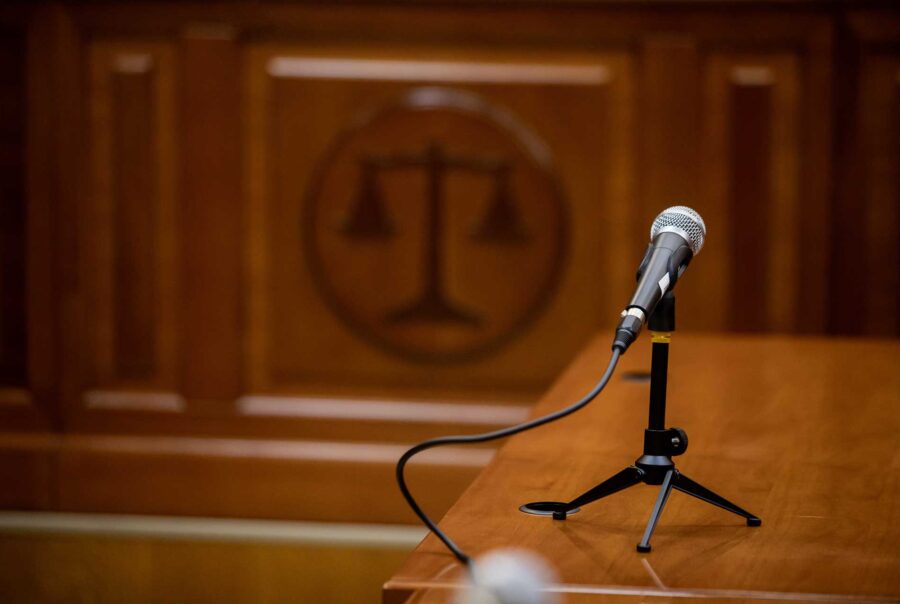Community Expert Testimony
Ryan O’Donnell
O’Donnell testified that what he has not seen from ComEd is evidence of how it will use CEJA to make equitable grid investments for everyone. He called for a move toward energy sovereignty, a shift in ComEd’s focus away from simply building out wires and supporting structures and toward empowering customers to put their own energy solutions into effect. In addition, he called for accountability via data transparency. ComEd should provide ways for customers, journalists, and social justice organizations to analyze data to find and address disparities in service and other inequities.
O’Donnell recommended that the Illinois Commerce Commission consider energy sovereignty and accessibility to jobs and data at the top of its considerations in deciding whether ComEd’s grid plan is equitable. All communities should share equitably in benefits flowing from grid investments, and ComEd should hire contractors from all communities, while giving the traditionally marginalized opportunities for advancement, even if that means additional investments in training.




